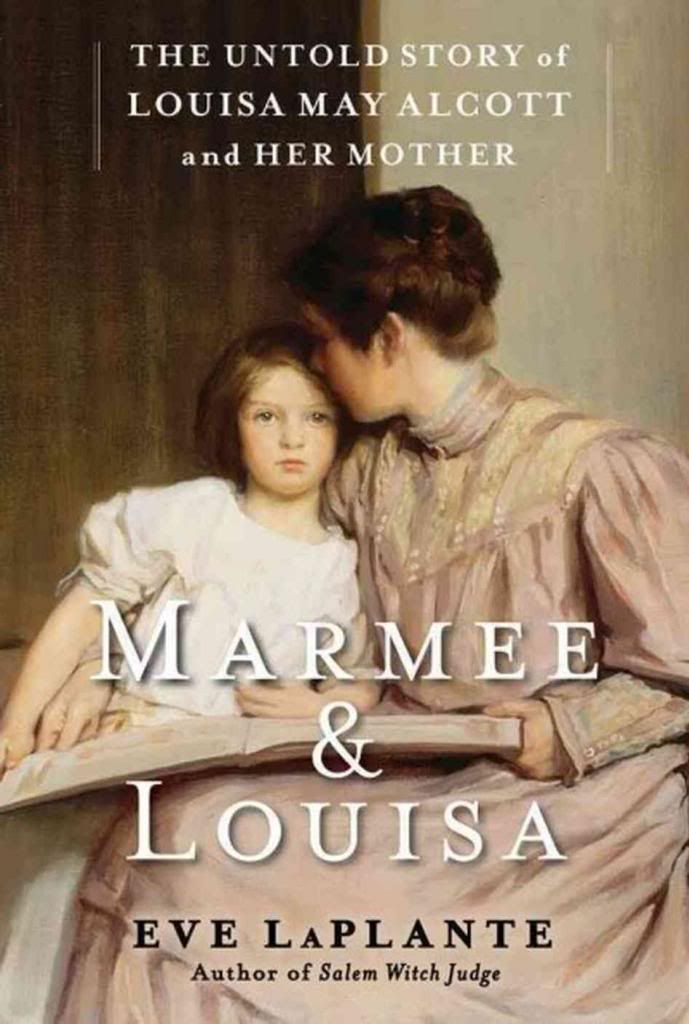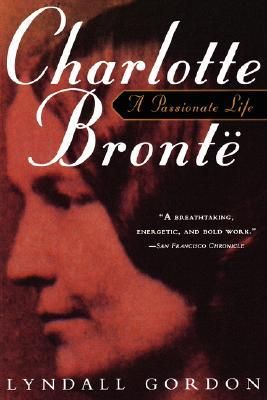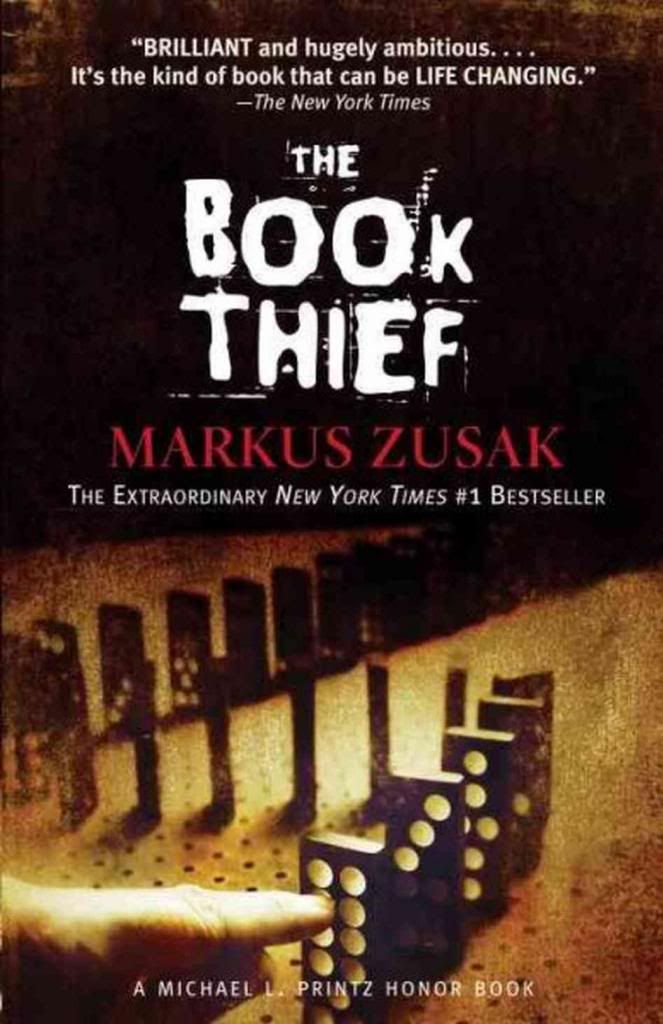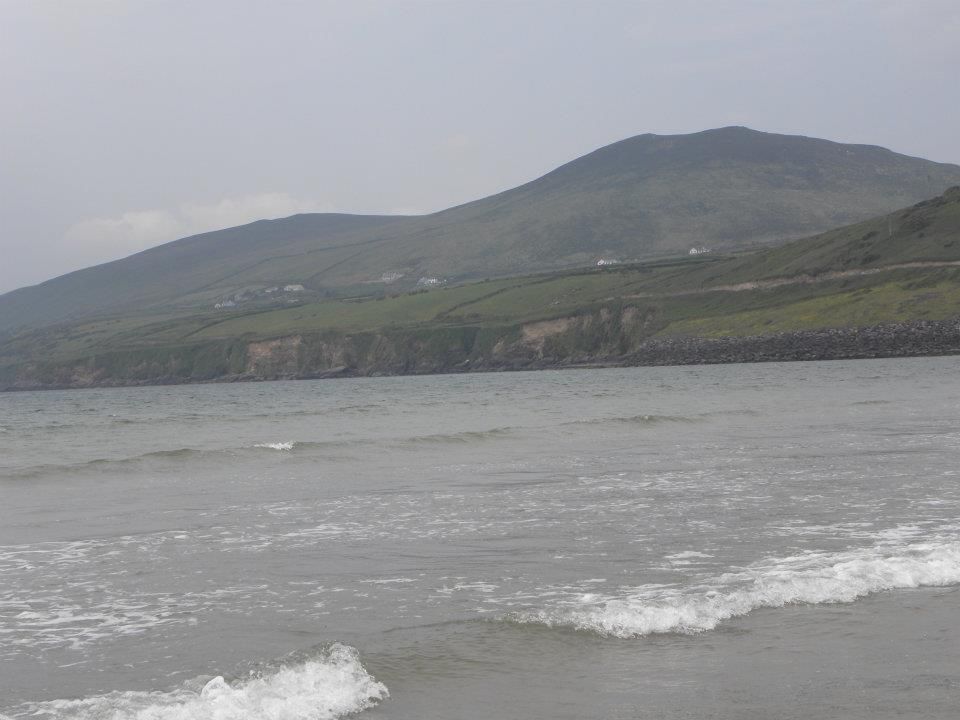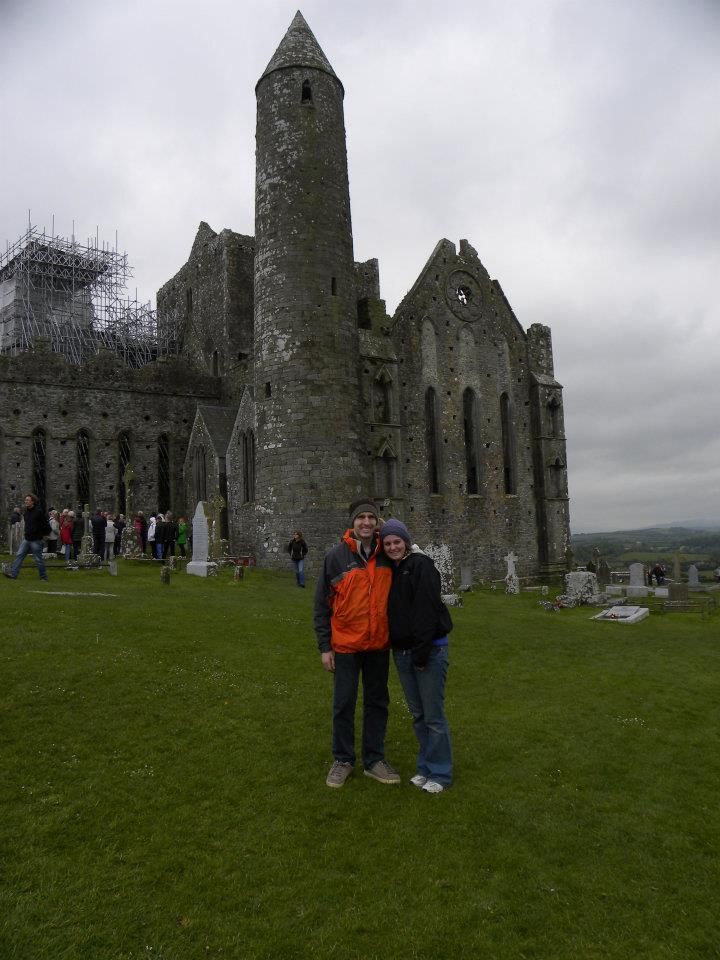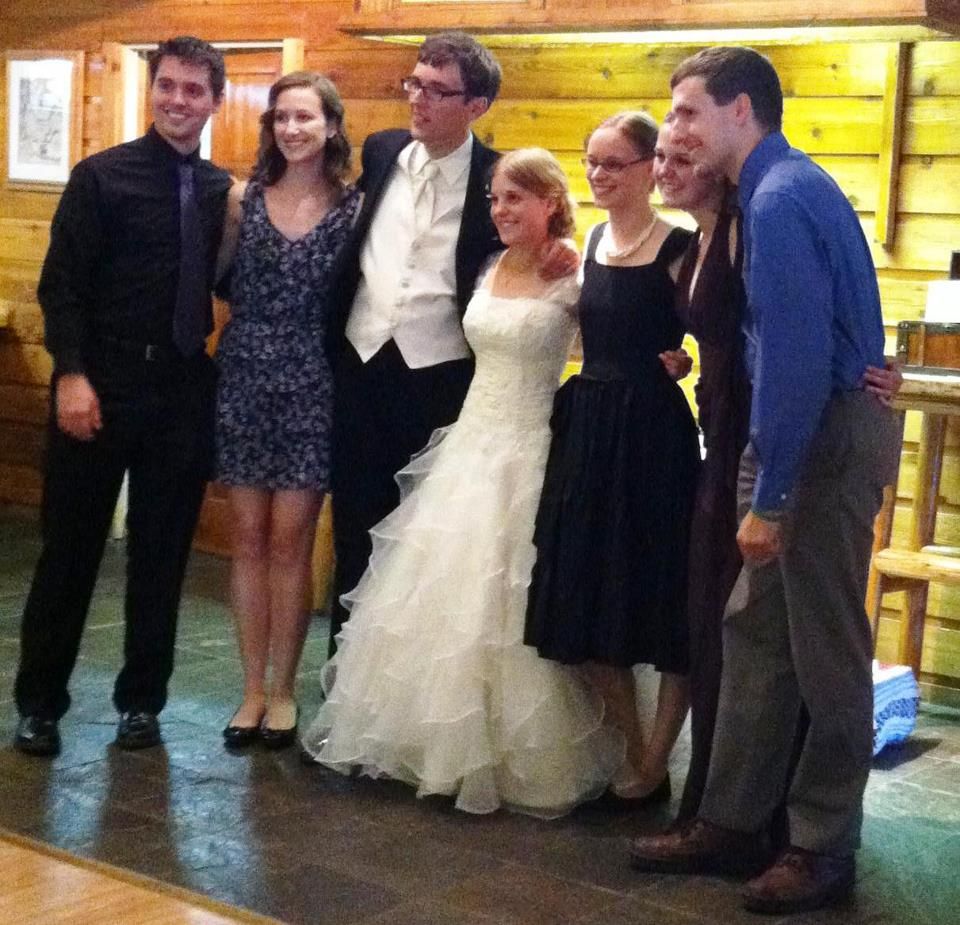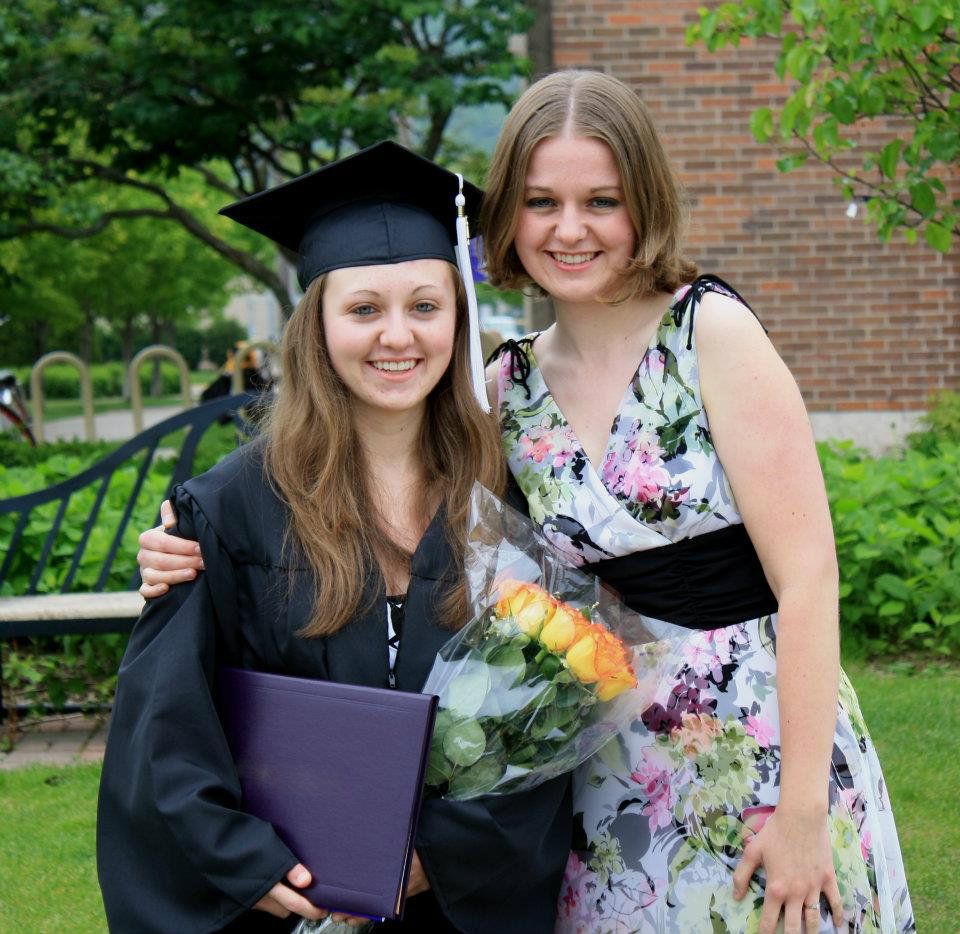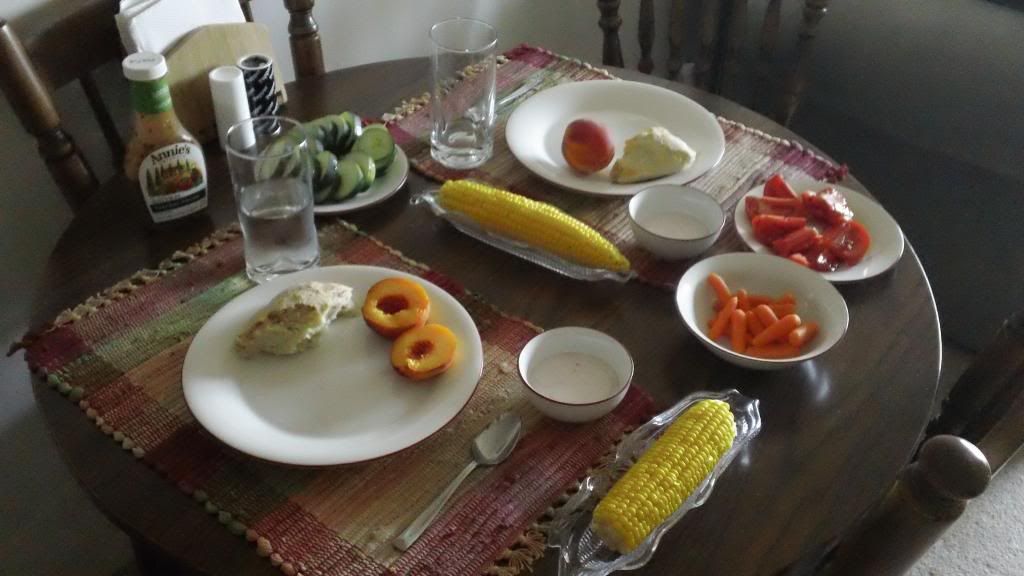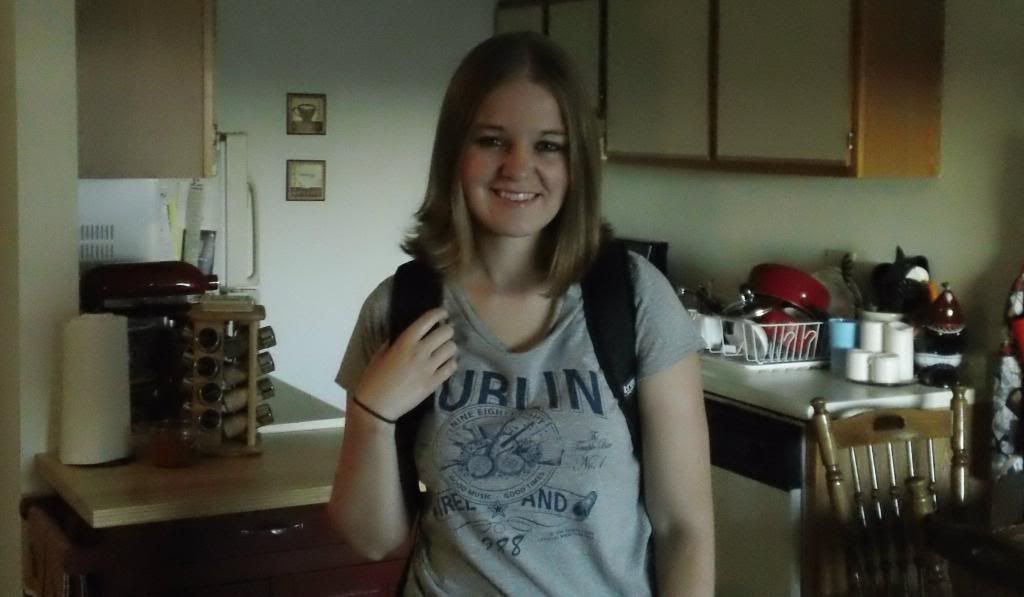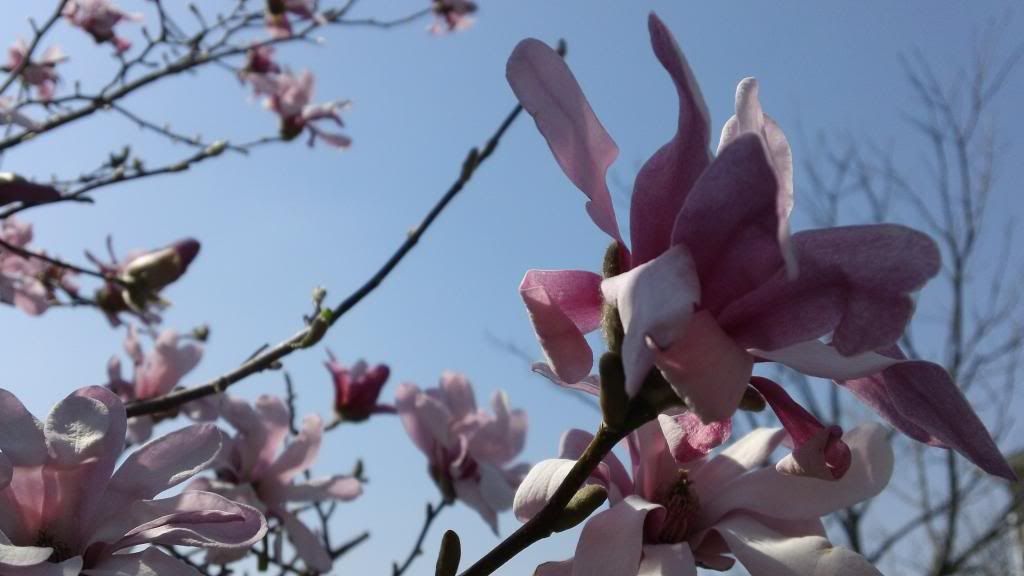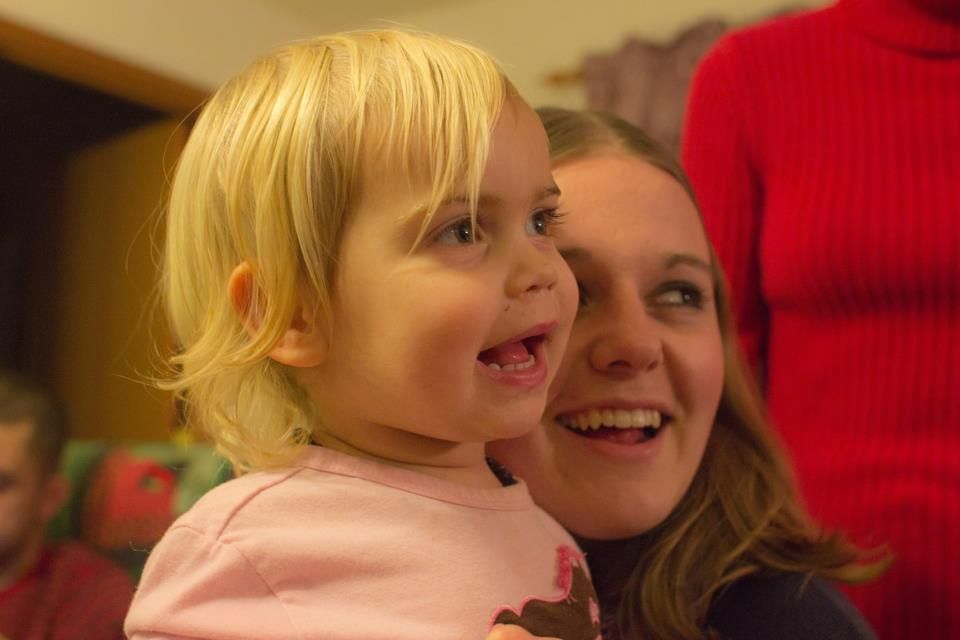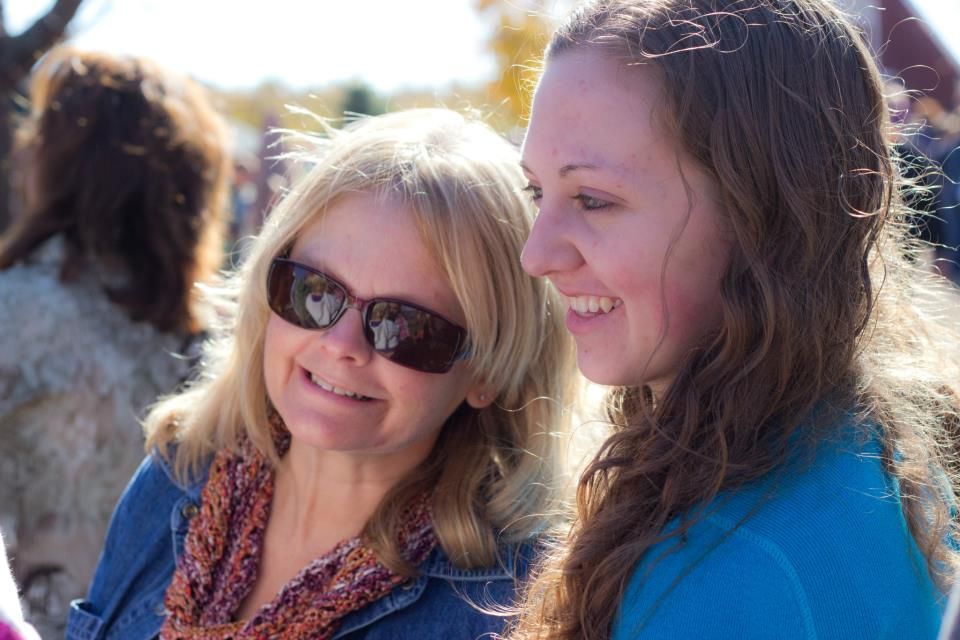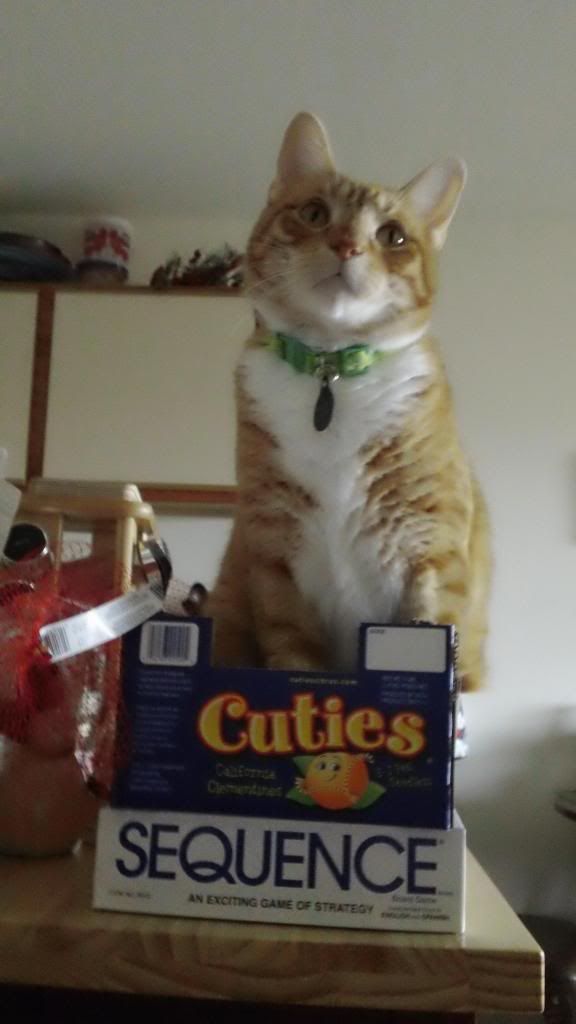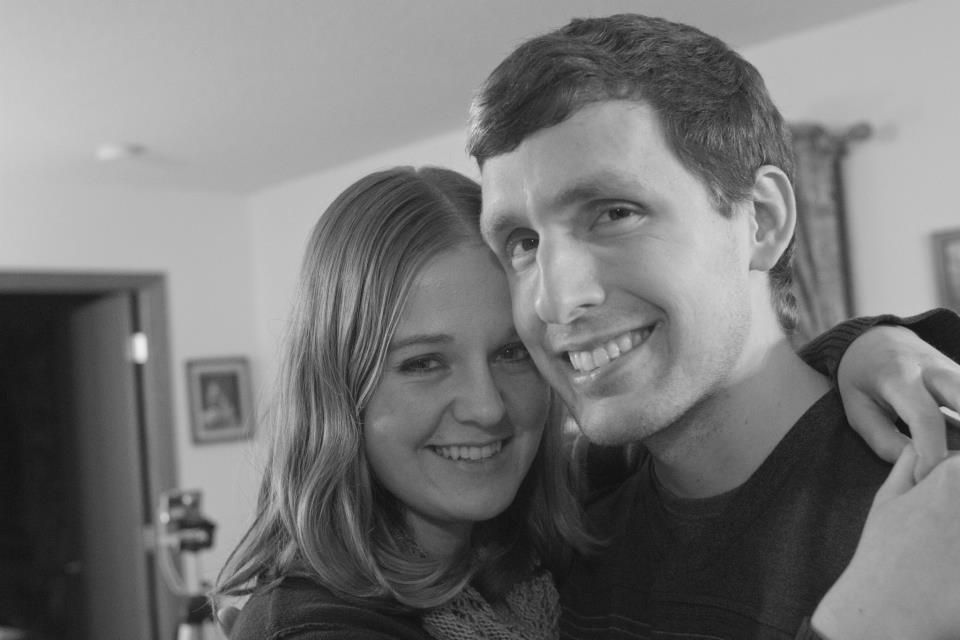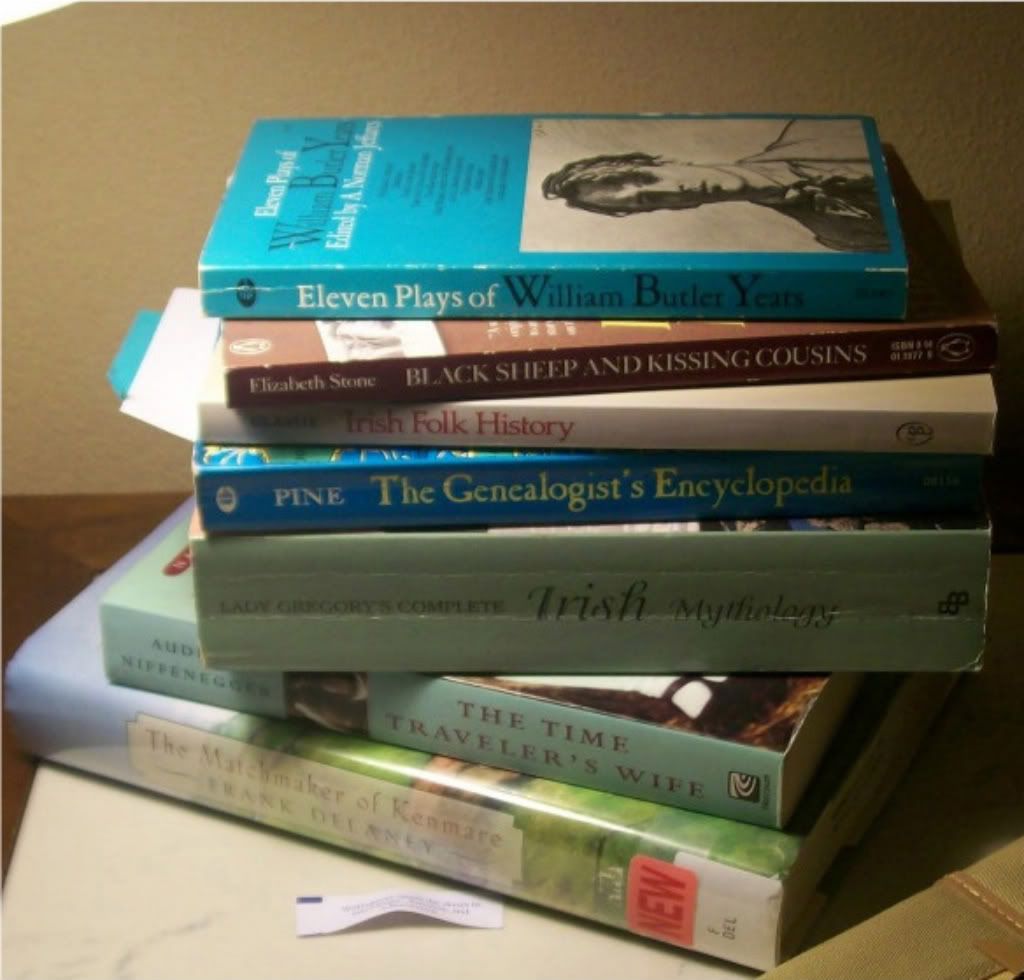Currently Reading:
Charlotte Bronte: A Passionate Life by Lyndall Gordon and
Little Women by Louisa May Alcott (My two favorite women authors at once! What is this madness?!)
A lot of deep thoughts have been swirling through my mind recently, prompted and inspired by many unrelated pieces all coming together to somehow influence each other. These pieces include, among other things, the last election cycle, Charlotte Bronte, another blog post, and a Fun song. And after much deep thinking and an inspiring email from my slightly-older-but-so-much-wiser-cousin, I'm ready to write it out.
This blog is one of many pieces in my life where I express myself creatively- my journal, my kitchen, my poetry, my job, and even my schoolwork are other areas of my life that serve as creative outlets and allow me to be true to myself through free expression. I relish these creative outlets, I demand them for my wellbeing and my sanity. Besides the blog world, social media gives us even more outlets for free expression: Twitter, Facebook, Instagram, Pinterest, Goodreads, and more abound to serve us. We are granted parts of the canvas and encouraged to sling our paint wherever we wish. They serve dual purposes: connecting us to others and giving us a means of creative expression. I am not engaged on all of these sites because I don't have the time or the interest for them all. But I add to my Goodreads shelves and I update my Facebook status and I spend much of my online time seeing what my friends and relatives are up to as well. There is so much good from all of this- seeing pictures of my growing nieces and nephews, messaging a friend to pick a time to get together, or sharing a joke with a faraway friend. All of this is necessary to sustain my relationships with others.
There's an underbelly to it all, of course. I think the last election cycle this past fall proved that social media can be dirty. Facebook became a place where political opinions were shared, misunderstandings arose, and debates ensued. In some ways, I think this is healthy. Every person not only has a valid opinion, but has the right to express that opinion. There is no limit, no hindrance to our ability to express ourselves on social media, and this is especially true when we feel strongly about certain topics. But there is something about this that scares me and it is epitomized in the comment bar. Facebook doesn't just allow us to post our own opinions, but we have the constant ability to comment on the conversations, threads, posts, and shares of others. While this seems innocuous, I actually believe it leads us to the impression that we all have the right to talk each
other down without listening to what others have to say. It cuts out constructive and informative conversation, and whittles our dialogue with others down to mere sentences. Social media allows us to communicate our opinions and make our voices heard, while
simultaneously drowning out our voices because of the cacophony it
produces.
*Enter Charlotte Bronte* I have been reading a wonderful biography exploring Charlotte's life and its influences upon her works. I have not only learned much about
Jane Eyre through discovering Charlotte's life, but I have also gained a deeper understanding and respect for women during the 19th century, and female writers in particular. While I do want to discuss her and Louisa further in a separate blog post soon, there was a portion that struck me and stuck with me. After the deaths of her siblings, Charlotte was left living in Haworth, on a lonely Yorkshire moor, taking care of her ailing father. While this did often influence Charlotte's depression, Lyndall Gordon makes it clear that her isolation and loneliness, her separation from others and especially from society, made it possible for her art and voice to develop. While she makes this point right when Charlotte is about to write
Villette, it actually is true of the circumstances surrounding her earlier novels too. Her secluded life at Haworth influenced the person she was- her opinions of London, her ease in society, her view of women's roles, and her passionate expression. If Charlotte was a different man's daughter or had lived in a bustling metropolis, perhaps the world would not have been gifted with her voice. I can only imagine the silence, the seclusion, the loneliness Charlotte lived with every day, for that does not exist for us anymore, as it was for her. She created her own mental stimulation and her voice flourished in the silence. Only with her letters and her novels was she able to champion her opinions and views, and so she did so with fervor. As I have read, I couldn't help wondering whether some form of detachment is necessary to inspiration, to art, to forming one's voice. Charlotte herself wrote in a letter to Mrs. Gaskell about the "need for isolation in order to be true to herself."
*Enter Fun song* Their new song, called "Some Nights", to be exact. It is a beautiful song, a moving commentary on war, particularly the Iraq War. The lyrics are outstanding, sheer poetry. (Check out
this music video- goosebumps, I tell you.) These are the songs I love, the ones that make me stop and read the lines and feel their meanings in the depths of my soul. There are two lines that have haunted me the past few days: the first says, "I found a martyr in my bed tonight/stops my bones from wondering just who I am, who I am, who I am, oh who am I?" The second: "Oh Lord, I'm still not sure what I stand for/ What do I stand for? What do I stand for? Most nights, I don't know." Powerful stuff right there. And it hits me because knowing what we stand for, what we believe in, what matters to us, is essential to our growth as individuals, to the inward development of our characters throughout our lives.
There are things I stand for, things I believe in with my whole heart and soul. But communicating those things has become the barrier that I cannot cross, the locked gate I can find no key for. Since November, and even much earlier, I have struggled with the truth that in order to avoid the negative comments of others or the debilitating, faceless debates with ones I love, I must hide who I am, that I am actually
not free to express myself and therefore, am not free to be who I am. As a person who seeks expression through my writing, through my creative outlets, it frustrates me and makes me feel hindered because I am constrained by the very medium that is supposed to free us all. Another blogger, Kelle Hampton on
Enjoying the Small Things actually
just wrote about a similar point the other night, which was another
part of the catalyst that inspired me to write this post. Her post was
about the negative criticism that comes from others when we share and
connect and bare our souls through social media. She wrote, "Validation
is an interesting thing though, and no matter how strong or
unphased by criticism we are, there is an undeniable human desire to
have people like what we feel passionate about--our art, our words, our
stories, our styles, our writing, our opinions. It's why we sometimes
feel hesitant to publish or share.
What will people think?"
Of course, I could counter all of this by asking why is it so important for me to express my opinions at all? Publicly expressing my opinions or publicly affirming what I stand for does not make them any more solid or real. So why share them at all? And in the same vein, why do
I feel the need to comment on the opinions and beliefs of others? Why do
I have the right to insert myself into another person's mind and life? Perhaps the real answer lies in figuring out the role that personal expression should take in the world of social media.
Am I bothered that people I love do not and probably will not ever truly know or understand me? If I was being honest with myself, the answer is yes. What I believe and what I stand for are part of who I am. I want to share that, not to make others think the way I do, but so that I too will be heard. So what to do? Do I limit my interactions on social media to avoid anything that might anger or be misunderstood? Do I step back from it all, in order to let the silence inspire my own life? Do I express my inner thoughts and share my beliefs, despite the criticism?
I want to stand up. I want to live what I believe. And I want to find my voice. The question is finding a way to do so.
